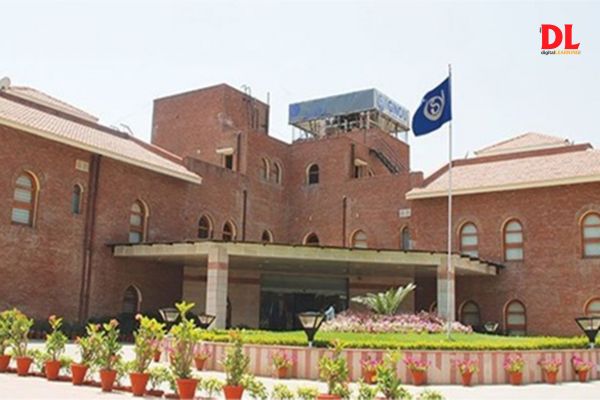
The Indira Gandhi National Open University (IGNOU) has launched two new micro-credential programmes developed in partnership with the Deutsche Gesellschaft für Internationale Zusammenarbeit (GIZ) GmbH, the German development agency focused on international cooperation for sustainable development. The announcement was made during IGNOU’s 40th Foundation Day celebration at the University headquarters.
The launch ceremony was attended by Prof. Peter Scott, President and CEO of the Commonwealth of Learning (COL), Prof. Uma Kanjilal, Vice Chancellor of IGNOU, along with senior officials from GIZ.
The newly introduced courses — “Unpacking AI: Practical Foundations for Non-Tech Students” and “Unpacking Data: Practical Foundations for Non-Tech Students” have been jointly designed to equip learners with basic digital skills and data-driven analytical awareness. The programmes target individuals without prior technical knowledge, including youth, working professionals, and lifelong learners.
As per the university, both courses will be hosted on the SWAYAM platform starting January 2026. The micro-credentials aim to build familiarity with key digital concepts, widely used tools, and real-world applications that are becoming essential across industries.
Speaking at the event, Prof. Uma Kanjilal said that these new programmes echo IGNOU’s mission of offering flexible and future-ready learning opportunities. She emphasised that the collaboration brings global expertise that strengthens the university’s goal of advancing capacity building in emerging technology domains.
Representatives from GIZ highlighted the growing need for accessible digital education for non-technical learners so they can meaningfully participate in a rapidly digitising economy.
Also Read: IIM Nagpur launches first blended MBA for working professionals
The partnership with GIZ adds to IGNOU’s ongoing expansion of skill-based and technology-enabled academic offerings through collaborations with global and national institutions. The university stated that the two micro-credentials complement its broader strategy of promoting modular and outcome-driven training formats that can stand alone or stack towards professional growth.





















